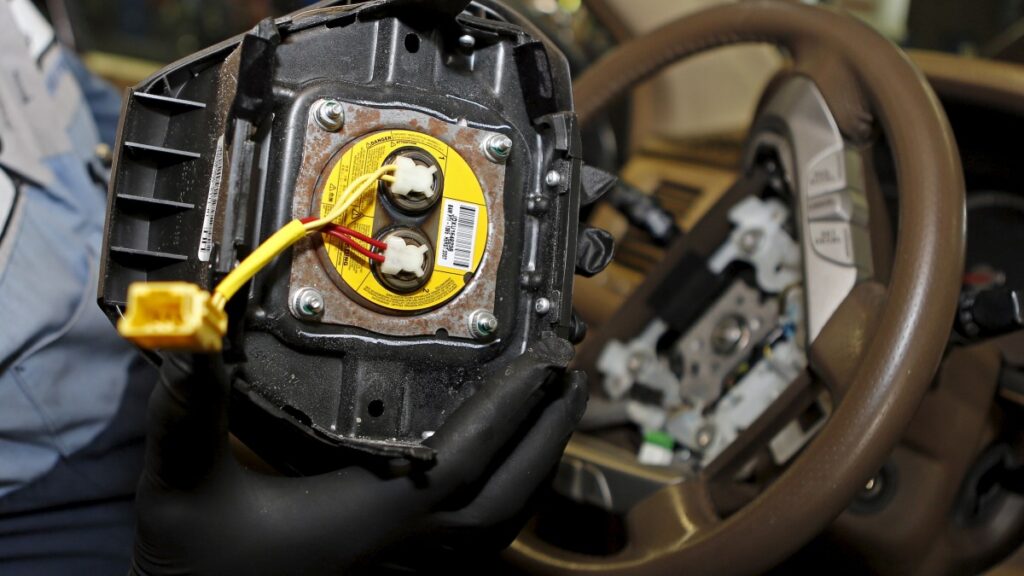NHTSA: Here's how to avoid getting a cheap, dangerous, substandard airbag inflator

We’re almost 10 years into the massive Takata airbag recall, which rocked the automotive world, with 30 deaths worldwide and countless injuries. Even so, there are still concerns about airbag safety, including that the replacements installed in some drivers’ vehicles have proven to be just as deadly as the units that were initially in place. The National Highway Traffic Safety Administration (NHTSA) recently issued a warning about substandard replacement airbags, saying that three people have been killed by the products.
Additionally, three life-altering, disfiguring injuries have been recorded, with the replacement airbags suspected to have come from foreign companies with “little to no reputation of quality and manufacturing or experience, sold at prices far below the cost of quality genuine equipment, ordered online and shipped to the United States, and installed by those other than reputable repair shops or manufacturer dealerships.”
Autoblog reported this story a few months ago, which was gaining steam due to the ongoing number of Takata airbag replacements. The fear at that time was that a continued push for replacement bags could lead to more counterfeit products in American vehicles.
NHTSA has issued guidelines to help buyers avoid ending up with a defective replacement airbag. They include:
Research used vehicles’ history reports to check for collisions where an airbag deployed. If it was replaced, a receipt from a reputable shop should come with the purchase.
Have a potential used-car purchase inspected by a qualified mechanic.
If you’re having your airbag replaced, only visit well-known, independent shops or dealers. They have access to official or OEM-approved parts that could help you bypass the shady supply chain issues.
Be wary of buying parts manufactured overseas, especially if they are discount-priced. If sounds too good to be true, it is.
Finally, have a conversation with your repair shop, noting that you should ask questions about the name brand of replacement parts and their sourcing, making sure that the components being installed are approved or made by your vehicle’s original manufacturer.



